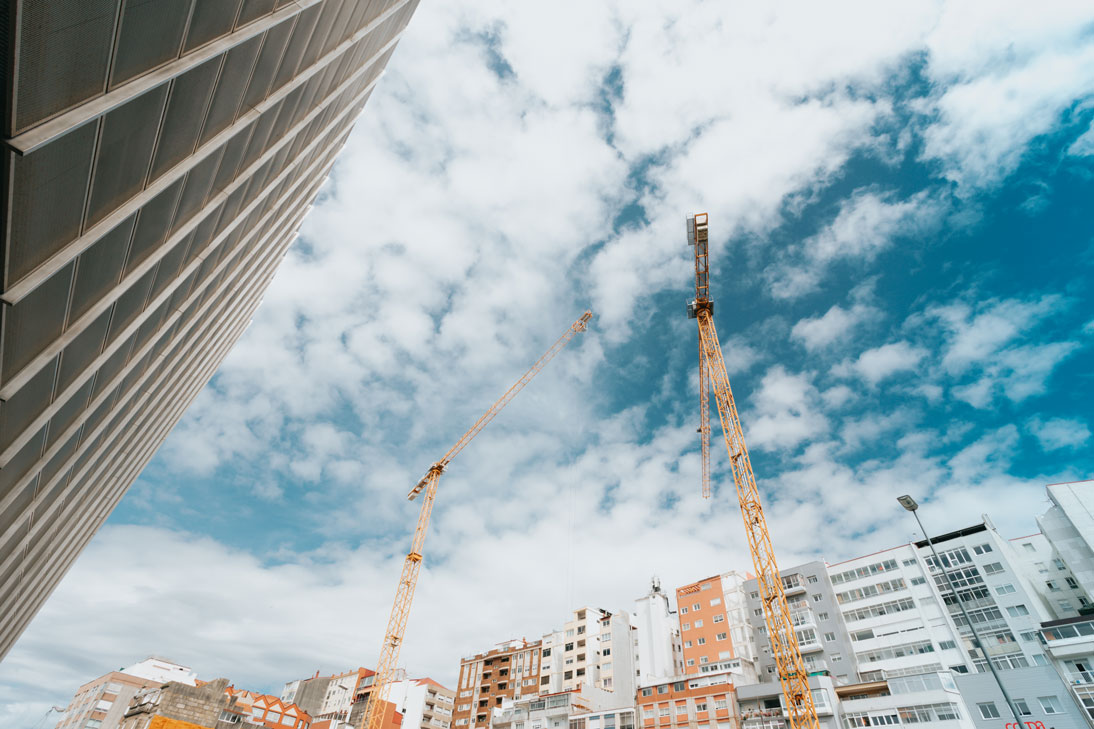Advanced Materials: Pioneering the Future of Sustainable Construction
Developer
May 13, 2024

Introduction
The construction industry is at a pivotal juncture, with increasing emphasis on sustainability, reduced carbon footprints, and the integration of innovative materials like bio-based building components, CO2-injected concretes, and novel admixtures. These advanced materials promise to redefine construction practices, but their adoption hinges on unequivocal proof of their efficacy and integrity. Sensytec, leveraging its patented electrical resistivity sensor technology, collaborates with pioneers in advanced construction materials to validate their performance, overcoming the limitations of traditional temperature-based monitoring methods. This case study explores how Sensytec’s advanced sensing solutions facilitate the development and implementation of these groundbreaking materials.
Challenges in Advanced Material Adoption
The introduction of bio-based materials, CO2 injection techniques, and new admixtures into construction practices presents several challenges:
- Proving Material Efficacy: The industry demands robust evidence of the performance, durability, and safety of new materials before they can be widely adopted.
- Optimizing Formulations: Fine-tuning the compositions of novel materials for optimal performance and sustainability is a complex process that requires precise, real-time data.
- Overcoming Data Limitations: Traditional temperature-based monitoring methods fall short in providing the detailed insights needed for the effective evaluation and optimization of advanced materials.
Sensytec's Groundbreaking Solutions
Sensytec’s sensor technology offers a revolutionary approach to assessing and validating the performance of advanced construction materials:
- Electrical Resistivity Monitoring: Unlike temperature-based sensors, Sensytec’s patented sensors measure the electrical resistivity of materials, providing detailed insights into their curing processes, moisture content, and overall integrity, which are crucial for non-traditional materials.
- Material Integrity Validation: This precise monitoring enables the accurate assessment of material efficacy, supporting the development of bio-based materials, CO2-injected concrete, and novel admixtures that meet stringent industry standards.
- Formulation Enhancement: The data collected through electrical resistivity monitoring aids in the optimization of material formulations, ensuring that they not only perform effectively but also contribute to the sustainability goals of the construction industry.
Achieved Benefits
- Efficacy and Integrity Proven: Sensytec’s technology has been instrumental in providing the empirical evidence needed to demonstrate the efficacy and long-term integrity of advanced construction materials, facilitating their acceptance within the industry.
- Optimized Sustainable Formulations: The insights gained from electrical resistivity measurements have enabled the refinement of material compositions for enhanced performance and environmental benefits.
- Beyond Traditional Limitations: By surpassing the capabilities of temperature-based monitoring, Sensytec’s sensors offer a versatile and effective tool for the development and implementation of groundbreaking materials in construction.
Leading the Way in Sustainable Construction
The collaboration between Sensytec and innovators in the field of advanced construction materials marks a significant advancement towards sustainable building practices. Through the application of Sensytec’s sensor technology, the construction industry is equipped to embrace and implement materials that offer environmental benefits without compromising on performance or safety.
Conclusion
Sensytec’s role in validating and optimizing advanced construction materials underscores the transformative potential of electrical resistivity sensor technology in fostering innovation and sustainability in the construction industry. As the sector moves towards more environmentally friendly and efficient building practices, Sensytec’s solutions stand at the forefront, enabling the reliable integration of novel materials into the future of construction.

